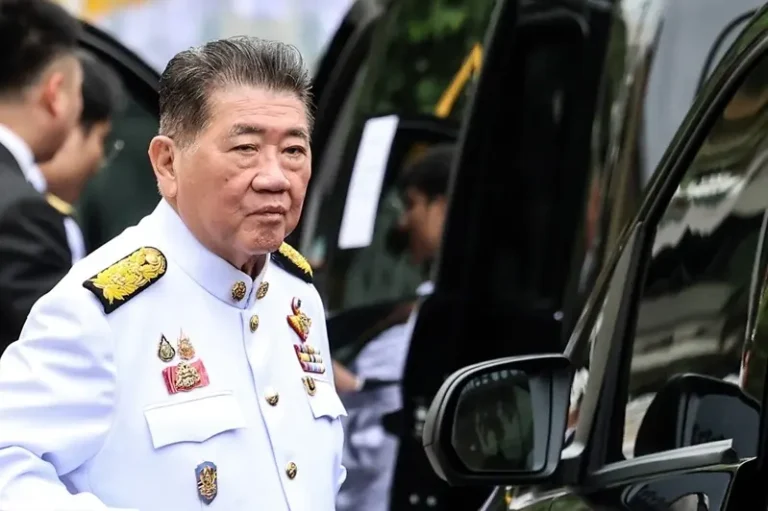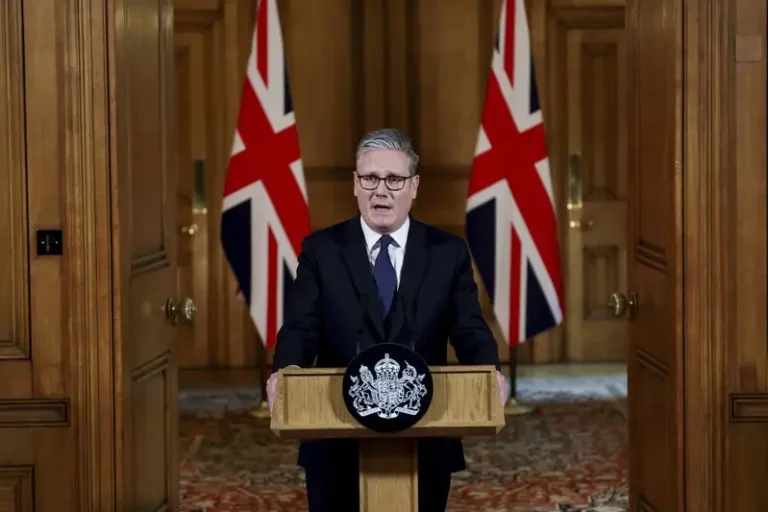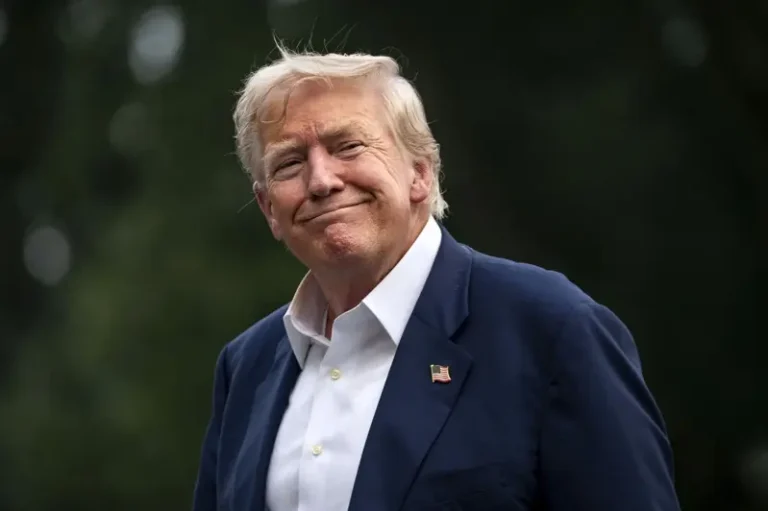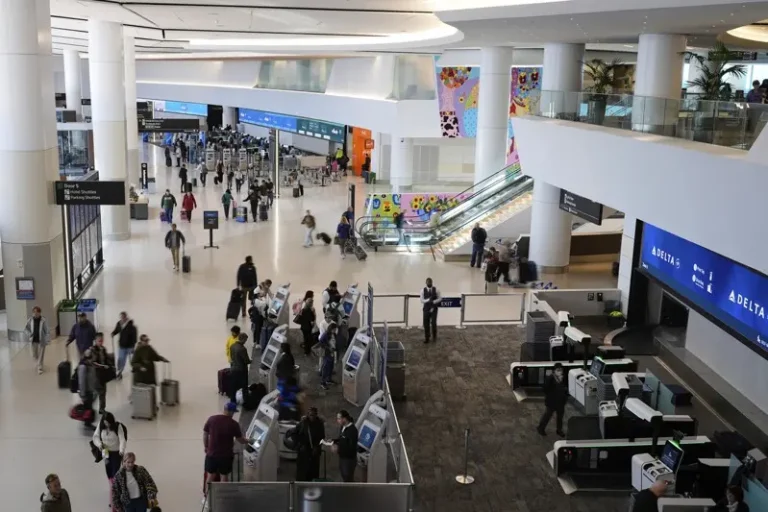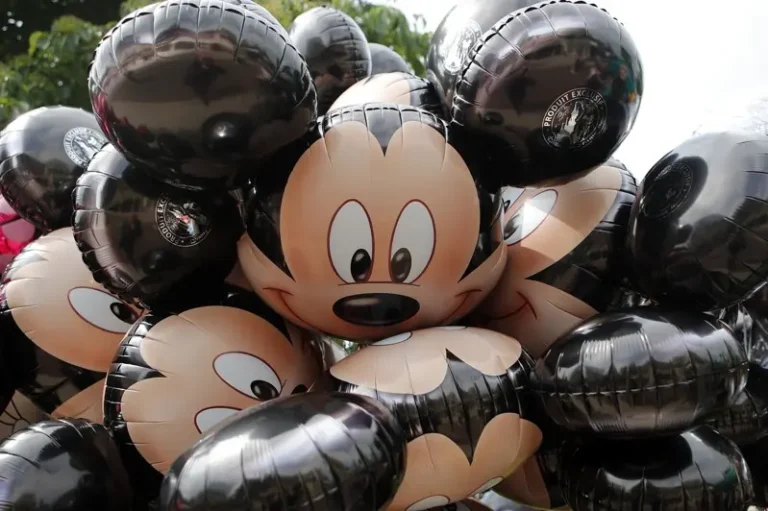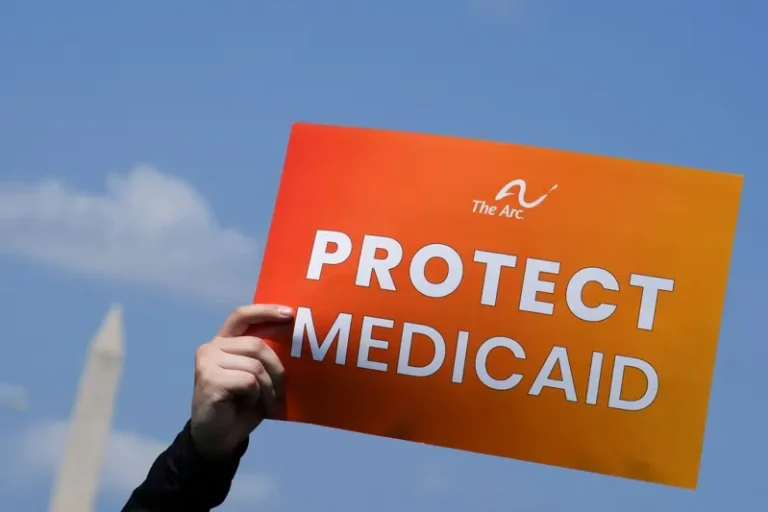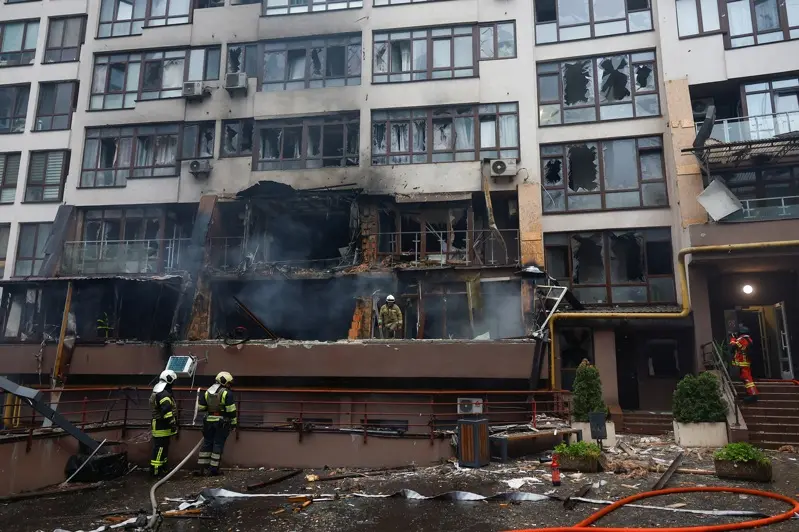
Reuters reported on the 21st that the Russian Ministry of Defense said that day that it had shot down 117 drones overnight, 30 of which were shot down in Moscow Oblast. The Russian Federal Air Transport Agency briefly restricted night flights at several major airports in Moscow, causing chaos. Ukraine claimed on the same day that Russia also sent a total of 450 drones and missiles for night attacks.
The affected Moscow airports include Sheremetyevo International Airport, which has the highest passenger flow in Russia, as well as Vnukovo Airport, Dumodiovo Airport and Zhukovsky International Airport. Reuters According to Russian media reports, Ukraine sent drones to attack Russia on a large scale, causing chaos at Moscow’s major airports on the 21st. Thousands of passengers lined up at the airport or slept directly on the airport floor after flights were canceled or delayed.
There are at least 21.5 million residents in Moscow and the surrounding areas. Russian media said that due to the cancellation of some flights, thousands of people were stranded in Russia’s Far East, and the authorities added trains to send people back to Moscow from St. Petersburg in northern Russia.
On the 21st, the Ukrainian Air Force claimed that Russia launched 426 drones and 24 missiles at Ukraine overnight, and Ukraine shot down or interfered with 224 of them. Another 203 drones disappeared from radar, which was probably also interfered by electronic warfare. Ukrainian President Zelensky said that the offensive has caused two deaths and 15 injuries, including a 12-year-old child.
AFP reported on the 21st that shortly after the air raid alert in Kiev was lifted that day, French Foreign Minister Bacho arrived in Kiev for a two-day visit. He will meet with Zelensky, Ukrainian Foreign Minister Sibyha and the new Prime Minister Sviridenko who was just approved by the parliament on the 17th.
According to the Associated Press report on the 21st, British Defense Secretary Healey also co-chaired a high-level video conference of the Ukrainian Defense International Contact Group (UDCG) with German Defense Minister Pistorius on the same day to discuss the military aid plan proposed by US President Trump to NATO allies for Ukraine. Hilley said that U.S. Defense Secretary Hertz, NATO Secretary General Mark Rutte, and NATO’s European Allied Commander, U.S. Air Force General Grinkovich, will attend the meeting.
Trump proposed a plan on the 14th to allow European countries to send U.S. weapons to Ukraine through NATO, and the relevant discussions focused in part on the Patriot air defense system. An anonymous senior NATO official said that while Ukraine is waiting to receive the Patriot, NATO is still coordinating other military aid deliveries, such as ammunition or artillery shells, including military aid that the United States had briefly suspended.
Trump said last week that the delivery could begin “within a few days”, but several senior officials also said last week that the transfer of weapons had not yet taken place. Grinkovich told the Associated Press on the 17th that preparations for the transfer of weapons to Ukraine are underway. U.S. Ambassador to NATO Whitaker said he could not provide a timetable.
In addition, Zelensky said on the 21st that Russia and Ukraine will hold a new round of peace talks on July 23.
The Central News Agency quoted AFP as reporting that there was little progress in the first two rounds of negotiations between Russia and Ukraine in Istanbul, Turkey.
Zelensky said in a routine conversation that he discussed with Ukrainian National Security and Defense Committee Chairman Umelov on the 21st about holding talks with Russia again in Turkey. “Umelov reported that the talks are scheduled to take place on the 23rd.”
Russia’s TASS news agency reported on the 21st, citing informed sources, that Russia and Ukraine plan to hold a new round of negotiations on July 24, and the delegation may arrive in Istanbul on the 23rd.

